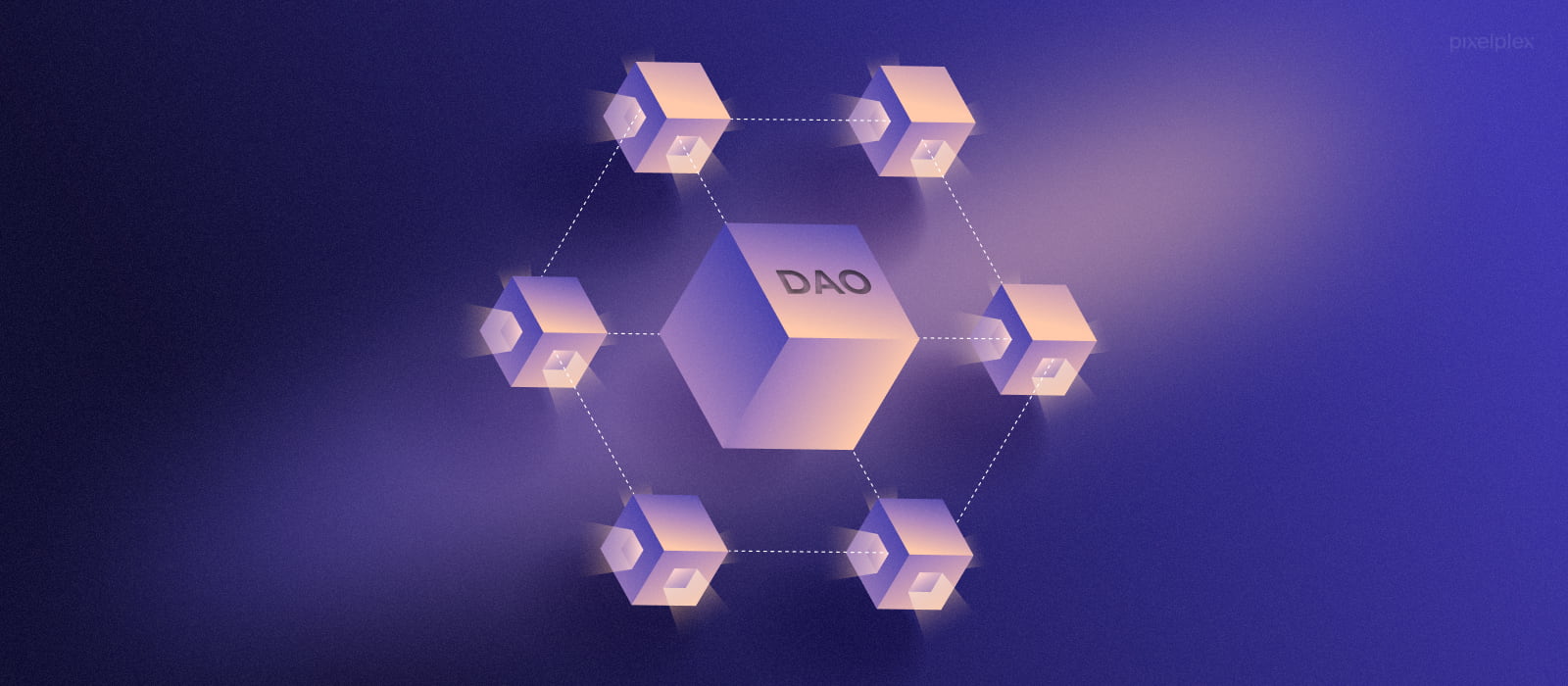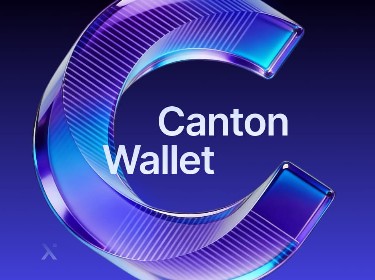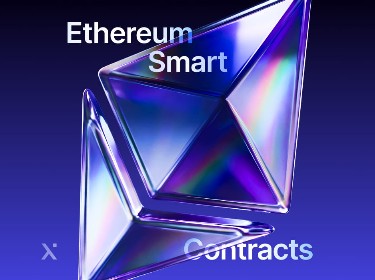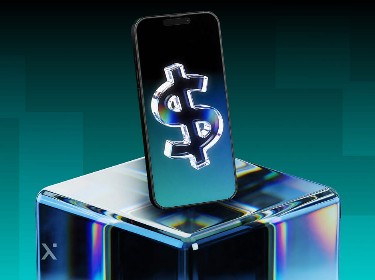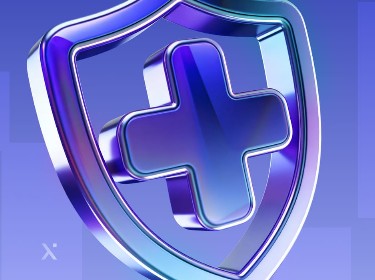Because they enable distributed decision-making and ownership, decentralized autonomous organizations (DAOs) have revolutionized the finance market. However, DAO use cases extend far beyond that field, having the potential to transform any business niche.
From NFT art to protocol governance, decentralized autonomous organizations are already used in a wide range of live projects. According to CoinMarketCap, the total market capitalization of DAO tokens is more than $20 billion as of April 2023.
As DAOs continue to gain traction, many businesses are starting to experiment with this innovative form of governance, seeking better transparency and more automation.
In this article, we will explore some of the most promising DAO use cases, along with successful real-life examples.
Want to experiment with DAO? Reach out to our blockchain consultants for expert guidance
This article is part of our larger series dedicated to DAOs. To explore this topic in greater detail, here’s the list of articles we recommend:
What Are the Most Effective DAO Governance Models and How to Choose the Right One? A Beginner’s Guide
How to Create a DAO in 8 Steps
Overview of Decentralized Autonomous Organizations (DAO)
What is a DAO?
A decentralized autonomous organization is an entity that is run by rules encoded in smart contracts. DAOs are not controlled by centralized authorities and they do not follow traditional governance models.
All the decisions of a DAO are determined by its members through a voting process, the rules of which are transparent and publicly available on the blockchain. Each DAO member can easily access data about the organization’s actions or finances, which ensures increased accountability and transparency.
In the video below, you will discover a wealth of insights about decentralized autonomous organizations, including their benefits and the implementation process. Check it out.
How is a DAO different from a traditional organization?
A traditional organization is typically a centralized, legally recognized entity with a hierarchical structure. By contrast, a DAO is a decentralized blockchain-based organization that is not yet fully legally recognized. Unlike traditional organizations, DAOs provide collective decision-making without the need for a central authority or hierarchy.
In the infographic below you will find other features that differ between the two types of organization.
![]()
What are the most prominent DAO use cases?
The most prominent DAO use cases include crowdfunding, NFT-powered investment, dApp governance, proposal execution, and decentralization in the metaverse. Below we will take a closer look at each DAO use case to better understand how they empower different industries and communities.
1. Crowdfunding
DAOs can be of particular importance for crowdfunding projects by providing a transparent, community-driven approach to fundraising where members can decide collectively how funds will be used.
Individuals who invest in the project receive DAO tokens allowing them to take part in decision-making and project development. This increases their involvement and level of engagement in the project.
If the funding project proves successful, the native token will increase in value, thereby giving DAO investors a favorable return. Due to its potential to benefit both the issuer and investor, DAOs are frequently employed for crowdfunding purposes.
One example of using DAO for crowdfunding is the ConstitutionDAO, whose goal was to raise funds to purchase one of the original copies of the US Constitution at a Sotheby’s auction. Although they were outbid by an anonymous buyer, the organization managed to raise more than $40 million worth of Ethereum.
2. NFT-powered investment
NFT-powered investment is another prominent example of DAO governance due to the popularity of non-fungible tokens (unique digital collectibles representing exclusive real-life items) and NFT development as investment vehicles.
NFT-powered investments enable creators and artists to raise funds for their projects while still retaining ownership over their creations. Meanwhile, NFT holders can stake their non-fungible tokens in order to vote and earn rewards.
An example of using DAO for NFT-powered investments is HeadDAO, whose members have collective ownership of blue-chip NFTs.
3. DApp governance
By employing a DAO in the governance of dApps, app developers can increase user trust while ensuring decentralized platform autonomy, immutability, and transparency. DApps with DAOs provide token holders with voting rights and enable them to propose changes to application development.
One of the examples of dApp that utilizes the DAO governance model is Aragon, a platform that allows users to create and manage decentralized organizations. To facilitate decision-making, Aragon uses smart contracts and allows members to vote and propose changes to the organization’s structure.
Top 10 Real-Life Applications of Large Language Models
What Is Federated Learning: Key Benefits, Applications, and Working Principles Explained
Plan to develop your own dApp? Let’s see how we can assist you with that
4. Proposal execution
Proposal execution, where DAO members propose and vote on changes or actions to be taken by an organization, is one of the most widespread DAO governance use cases. Proposals include altering existing rules and processes, suggesting new projects, and even making decisions on how to allocate funds and resources. In addition, DAO members can participate in activities such as rewarding and hiring employees.
A famous example of a DAO-governed project is the Maker protocol. It’s a stablecoin that simplifies cryptocurrency peer-to-peer lending and borrowing. The project’s DAO allows the holders of governance tokens to actively participate in community decisions and change the protocol’s rules.
5. Decentralization in the metaverse
Another interesting example of DAO governance is facilitating metaverse decentralization. DAO members can create and manage metaverse environments, for example by voting on resource allocation, proposing changes to existing features, or suggesting new ones. This helps create transparent, community-driven metaverse experiences.
One of the most popular metaverse DAO examples is Decentraland, a virtual world on top of the Ethereum blockchain where users can create, buy, and sell digital real estate. The development and management of this virtual world are governed by the Decentraland Foundation DAO, whose members vote on changes proposed in the Decentraland ecosystem.
12 Most Prominent Use Cases of Construction Data Analytics
How to Ensure Infrastructure Security: Best Practices for Your Business
Check out this article for useful insights on different DAO governance models
What are the most popular real-life examples of DAOs?
![]()
Some of the most popular examples of DAOs that showcase the potential of the decentralized autonomous organization structure include Compound Finance DAO, a DeFi protocol for cryptocurrency lending and borrowing, GnosisDAO, an organization that develops decentralized infrastructure for the Ethereum ecosystem, and Curve DAO, a DeFi protocol for exchanging stablecoins. Let’s deep dive into each of these.
Compound Finance DAO
Compound Finance is a decentralized finance protocol that enables users to lend and borrow cryptocurrencies in a transparent and permissionless way. The protocol is governed by a DAO, which empowers token holders to propose and vote on changes to the protocol’s rules and parameters.
Compound DAO is also responsible for the distribution of COMP governance tokens, which incentivize user participation and decision-making.
Curve DAO
Curve DAO governs the Curve.fi DeFi protocol used for exchanging stablecoins and other ERC-20 tokens. The decentralized protocol offers low fees and high liquidity for stablecoin trading.
Curve DAO is managed by a community-governed treasury, which holds funds for platform development and improvement. The organization utilizes the Curve DAO token to incentivize network participants and liquidity providers. The token is also used as a governance tool to enable users to take part in the voting process on the network.
What Is POAP and How to Use It Effectively?
NFT Launchpad Development: a Comprehensive Guide Based on PixelPlex’s Expertise
Check out how we helped Mantra DAO build a community-governed DeFi platform that gives financial control back to users
What is the future of DAOs?
Over the past few years, we have seen multiple successful DAOs, such as Aragon, MakerDAO, and Compound Finance DAO, demonstrate the potential to revolutionize the way we manage and collaborate.
By investing in a DAO, users can shape its future through decentralized decision-making while potentially reaping the benefits of a more transparent and efficient system. In the future, we expect more innovative DAOs to emerge, providing multiple benefits for both organizations and individuals.
If you are exploring the potential of DAOs for your organization, reach out to our professional DAO development company. With 10+ years of experience in developing blockchain solutions, and having delivered 80+ successful projects, our team is well equipped to guide you through the process of DAO implementation.
Contact us today to learn how we can help you leverage the potential of DAO.
